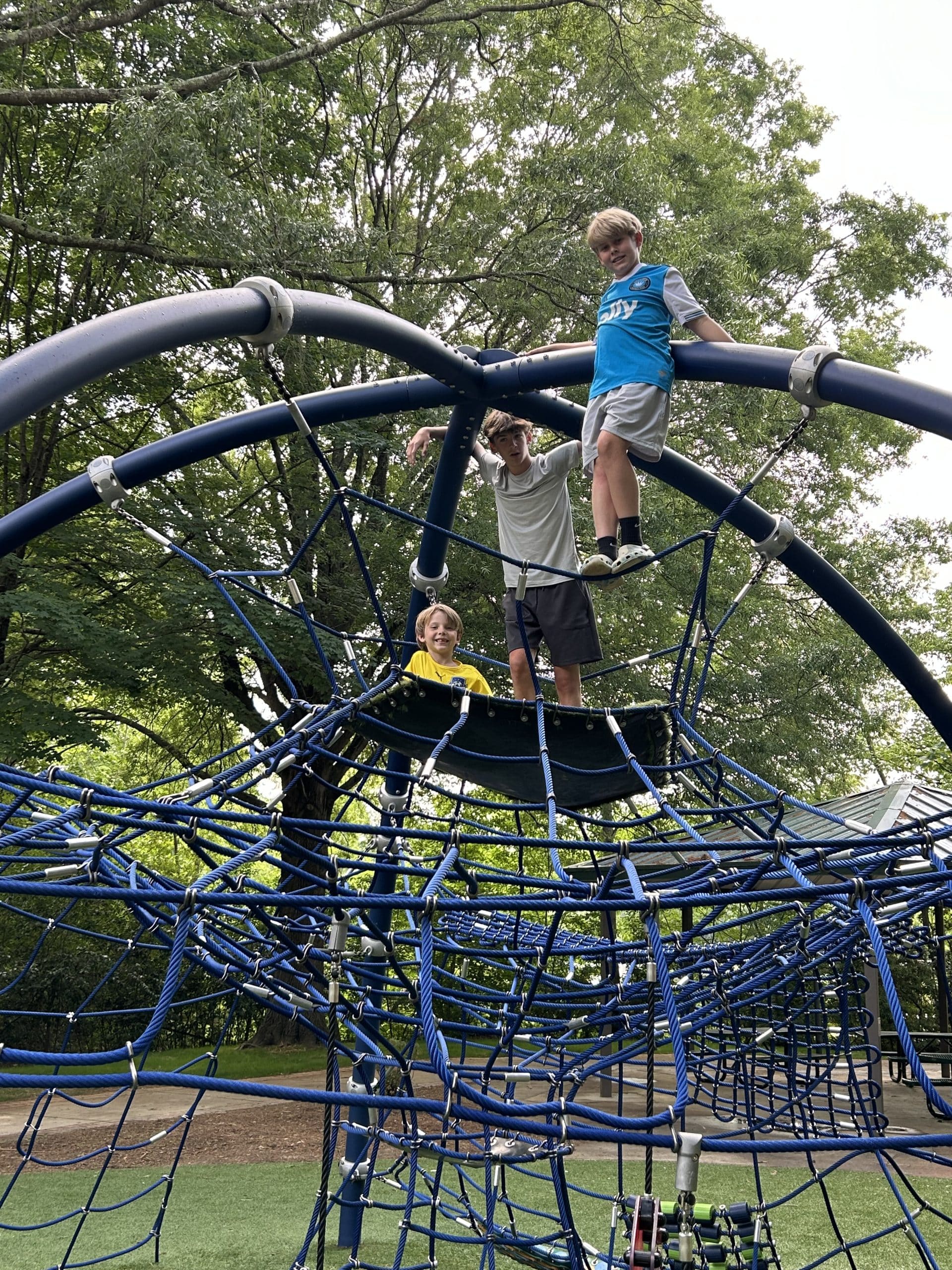Students of all ages appear to be losing their resiliency. A recent article reports that a college student saw a mouse in his dorm room and called the police for help. Teachers have stated that students had to take time off from class because they couldn’t handle the workload. Some students succeed and others lose the ability to function. What does it mean to be resilient, and are you? 
Resiliency is an attribute that provides people with strength and the moral fiber to confront and overcome obstacles in their life. They are people that have a positive self image, start and finish projects, have strong values, are social, optimistic, energetic, share various view points, and take responsibility for their own actions.
Research on resilience began in the 60s and 70s. Psychologists studied children that grew up in a high-risk environment. The children that thrived psychologically, in spite of their environment were seen as being resilient or invulnerable. This study resulted in more psychological research. With the studies mainly focused on children in risky environments, it now is recognized that all children face demands and pressure.
All persons react differently to adversity. People with more optimistic and realistic beliefs are able to overcome adversity. A person with pessimistic and unrealistic beliefs tend to have a low resilience. Adversity triggers a belief about a particular situation and causes a reaction or a consequence.
Adults can model and support resilience in a child. Children who are permitted to make choices are more likely to feel some control or ownership of their own lives. This is powerful in giving a child a resilient mindset. To build resilience:
• Teach how to make friends and how to be a friend.
• Have the child engage in volunteer work.
• Teach self-care that involves proper eating, exercise, and proper rest.
• Set realistic goals.
• Keep a positive outlook.
• Remember that change is part of life.
Resilience is not about being tough; it’s about being flexible. It’s not about facing adversity, it’s about being emotionally positive through an ordeal. And being alone does not develop it. Friends and family that are positive are excellent resources.
Developing resilience is a journey that contains being positive, flexible, and creative to make experiences that enable a person to feel good. It’s about making lemonade from lemons. If a student appears overwhelmed and unable to cope, consider utilizing resources such as; doctors, school psychologist, and counselors to help develop a path for students.
![]()



